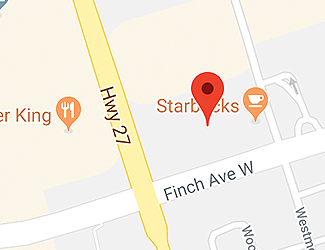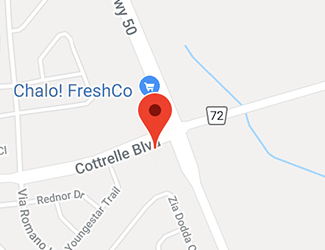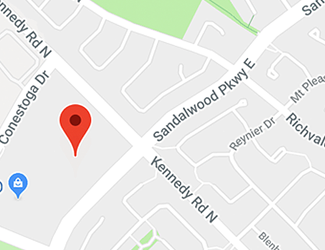Bruxism (Teeth Grinding)

Bruxism (Teeth Grinding) is the condition of grinding or clenching your teeth together, either regularly, or irregularly. Many people deal with Bruxism in some form, but it’s typically found in mild situations. However, grinding your teeth in any fashion can be dangerous and damaging to your overall oral health.
Because Bruxism, and grinding your teeth is typically something done in your sleep, many people who struggle with it may not even realize what they’re doing. Luckily, there are several common symptoms that go along with Bruxism that you can ‘test’ on yourself. If you notice pain in your jaw or cheeks, indentations or marks on your tongue, or an increased sensitivity in your teeth, you may be grinding at night without even realizing it.
Bruxism (Teeth Grinding) can also wear away your tooth enamel, which never regenerates, and can expose the innermost part of the tooth. This can cause extreme sensitivity, not only when eating and drinking, but even a burst of air can cause pain.
If you’re experiencing any of the symptoms listed, it’s a good idea to see a dentist as soon as possible. There is no one specific cause for Bruxism, but it’s often correlated to stress or anxiety, sleep apnea, or even that it is used as a coping mechanism. Luckily, if you feel as though you may be struggling with Bruxism, there are forms of treatment. These can range from customized mouth guards, to readjustments, or even muscle relaxers and other prescriptions that may help to give you a more restful sleep at night.
Bruxism is a serious condition that’s not to be taken lightly, but luckily, the signs are pretty straightforward, and if you’re able to see a dentist quickly enough, you should be able to get a handle on grinding your teeth before it causes any serious damage.







